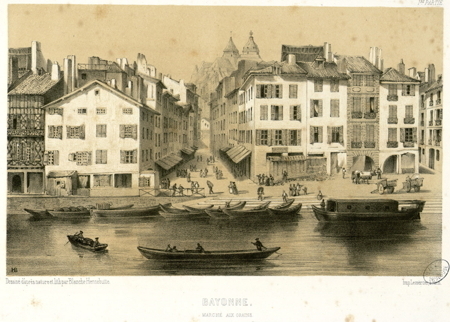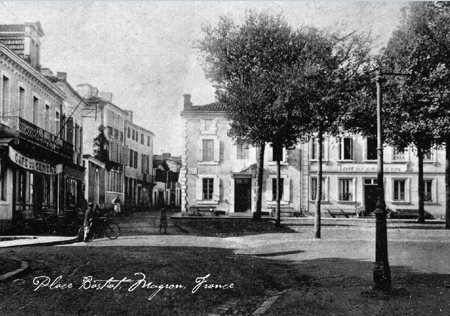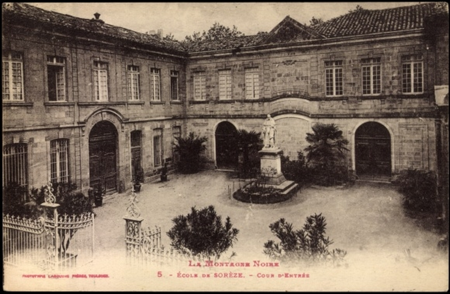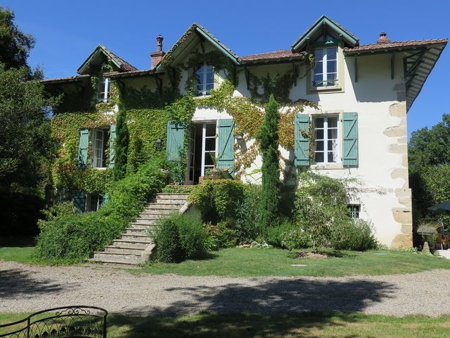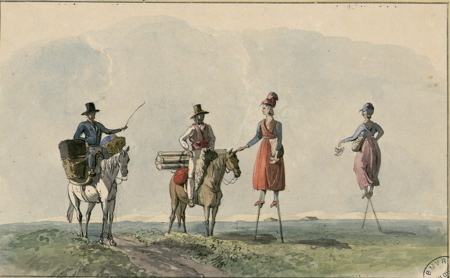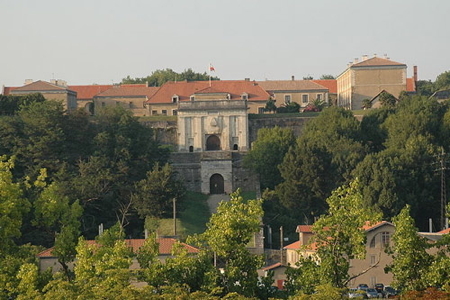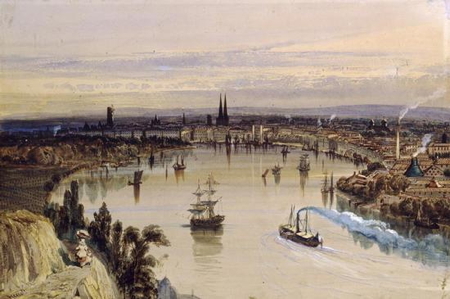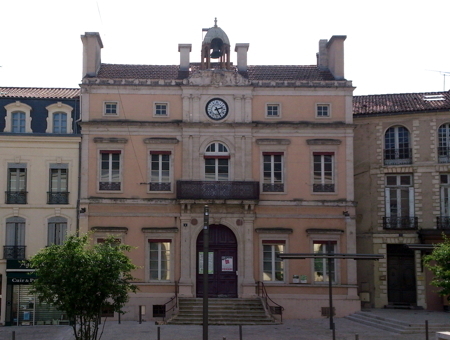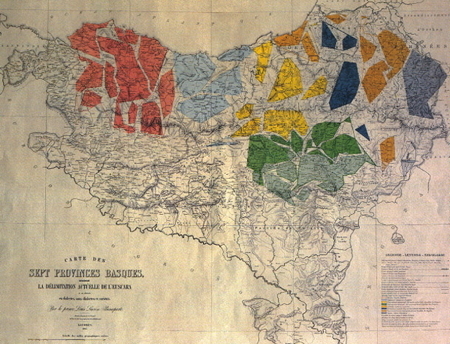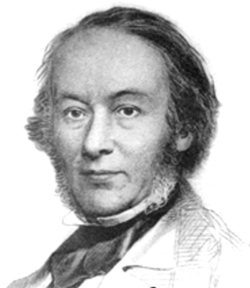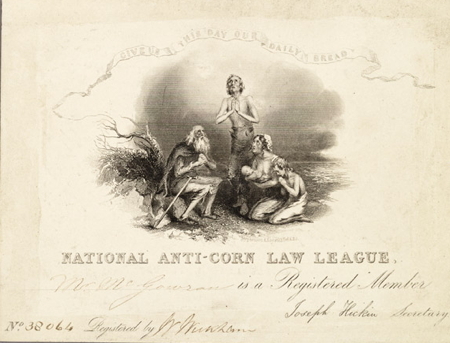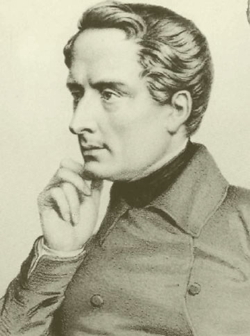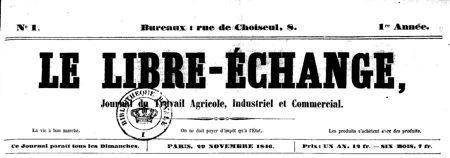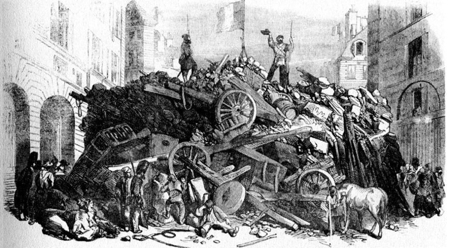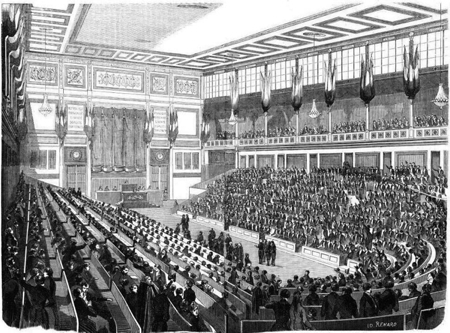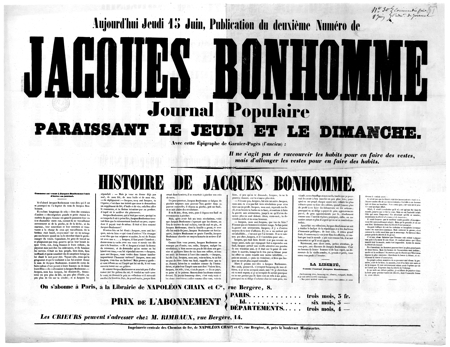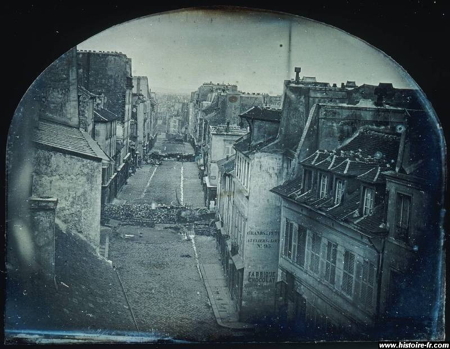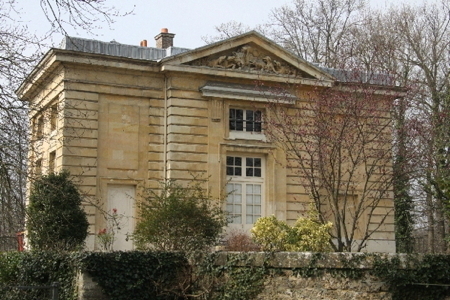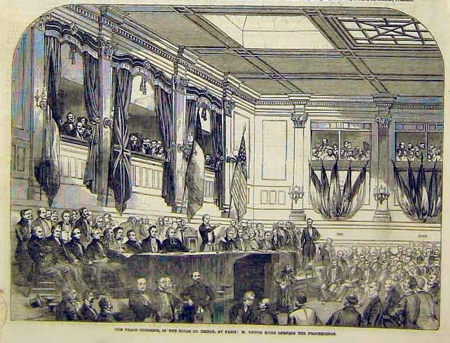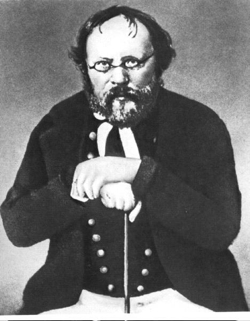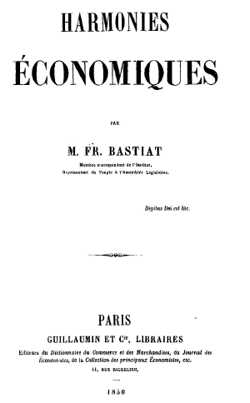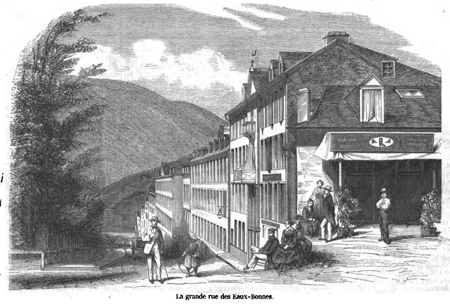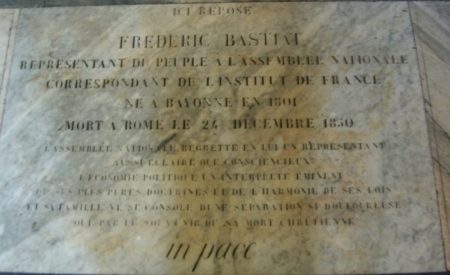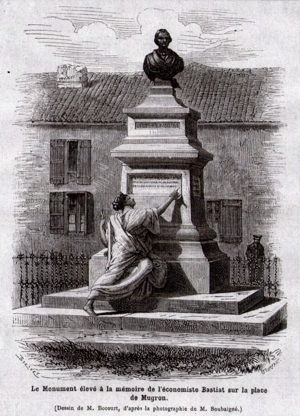A Chronology of Bastiat’s Life and Work (1801-1850)
[Revised: 25 June, 2017]
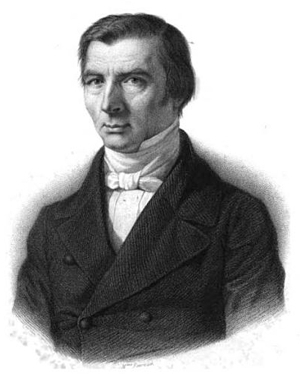 |
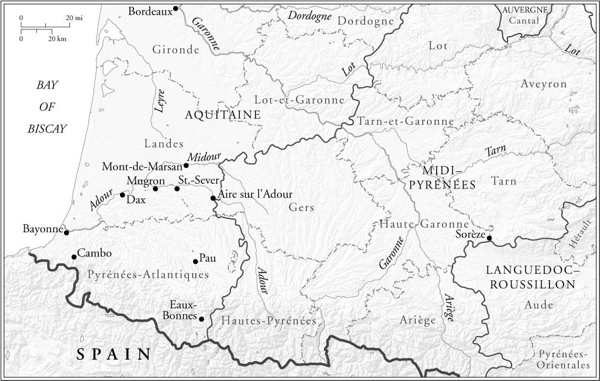 |
Frédéric Bastiat (1801-1850) |
Map of Les Landes in SW France |
Introduction
This Chronology of the life of Frédéric Bastiat is part of Liberty Fund's translation project of his Collected Works and is periodically updated. Where possible, works mentioned in the Chronology are linked to the online version. For more information see:
About Bastiat:
- Summary of the Bastiat Project
- A Reader's Guide to the Works of Frédéric Bastiat (1801-1850)
- A Chronology of Bastiat's Life and Work
- Further Aspects of Bastiat's Life and Work
- Liberty Matters Discussion Forum: Bastiat and Political Economy
By Bastiat:
- Works in the OLL by Frédéric Bastiat (1801-1850)
- A Chronological List of Bastiat's Complete Works
- A thematic collection (in print and online): The Collected Works of Frédéric Bastiat. In Six Volumes (Indianapolis: Liberty Fund, 2011-), General Editor Jacques de Guenin. Academic Editor
Dr. David M. Hart.
- Vol. 1: The Man and the Statesman. The Correspondence and Articles on Politics (March 2011) - published version in HTML and PDF
- Vol. 2: "The Law," "The State," and Other Political Writings, 1843-1850 (June 2012) - published version in HTML and PDF
- Vol. 3: Economic Sophisms and "What is Seen and What is Not Seen" (March, 2017) - final draft version in HTML of the complete Economic Sophisms and "What is Seen and What is Not Seen."
- Vol. 4: Miscellaneous Works on Economics (forthcoming) - final draft version in HTML (June 2017)
- Vol. 5: Economic Harmonies (forthcoming)
- Vol. 6: The Struggle Against Protectionism: The English and French Free-Trade Movements (forthcoming)
- A collection of Bastiat's works in chronological order (a work "in progress" - online only):
- Part 1. Early Writings: The Bayonne and Mugron Years (1819–1844)
- Part 2: The "Paris" Writings I: Bastiat and the Free Trade Movement (Nov. 1844 - Feb. 1848)
- Part 3: The "Paris" Writings II: Bastiat the Politician, Anti-Socialist, and Economist (Feb. 1848 - Dec. 1850)
- Part 4: The Unfinished Treatises: The Social and Economic Harmonies and The History of Plunder (1850–51)
The Chronology of Bastiat's Life
|
|
1801
1808
1810
1812
1813
1814–18
[Images: The grain market in Bayonne, Place Bastiat in Mugron, the private school at the old Abbey of Sorèze] |
|
|
1819–25
1825–30
1830
1831
1832
1833
[Images: Bastiat's family home "Sengresse" near Mugron, a landowner inspecting his tenants in Les Landes, the Citadelle in Bayonne, river traffic on the Adour river at Dax] |
|
|
1834
1837
1838
1839
1840
1841
1842
1843
[Images: the port of Bordeaux c. 1850, the Hôtel du ville of Mont de Marsan, map of Basques dialects] |
|
|
1844
1845
[Images: Richard Cobden, Anti-Corn Law League membership card] |
|
|
1846
[Images: photo of Paris early 1840s, Alphonse de Lamartine, banner of 1st issue of Le Libre-Échange ] |
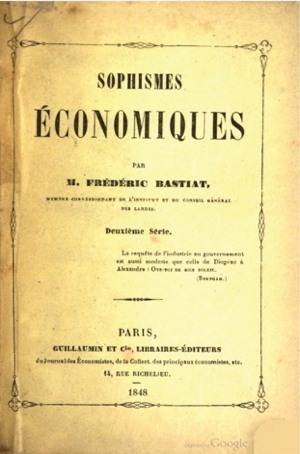 |
1847
[Image: Title page of Economics Sophisms Second Series (Jan. 1848) |
|
|
1848 (Jan.-May)
[Images: banner of 1st issue of La République française, a barricade on rueSaint-Martin (Feb. 1848), the intrior of the National Assembly] |
|
|
1848 June-Dec.)
[Images: advertisement for 2nd issue of Jacques Bonhomme (15 June), photo of streets barricades on rue Saint-Maur (June 1848)] |
|
|
1849
[Images: Butard hunting lodge, the Friends of Peace Congress in Paris, Proudhon] |
|
|
1850
[Images: title page of the 1st ed. of Economic Harmonies, Les Eaux-Bonnes spa town where FB wrote The Law and WSWNS] |
|
[Images: Bastiat's gravestone in Rome, the memorial to Bastiat erected in Mugron in 1878] |
|
